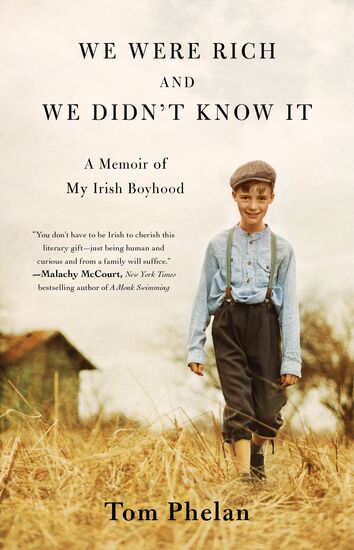THE DEPARTMENT of State recently announced it plans to eliminate funding for an overseas post-graduate scholarship program named in honor of Senator George J. Mitchell and inspired by his contribution to the Northern Ireland peace process. As a recipient of this scholarship, I believe this is an unfortunate decision with potentially far-reaching consequences.
The Mitchell Scholarship program provides a valuable opportunity to gain first hand knowledge of one of our strongest allies: the European Union. Through the program, twelve recipients with records of high achievement, leadership and service attend graduate programs in Ireland and Northern Ireland each year.
While the scholars physically study on the island, their areas of focus often include an examination of Europe and the wider world. Scholars have studied environmental science, international justice, refugees and asylum seekers as well as the impact of international cultural outreach via drama, art and music.
The program recognizes that one needn't study only law or politics in order to play a role in international leadership. The U.S. reaps rewards from this program because it combines academic learning with outside activities that build relationships between scholars and people on the island.
After we return, scholars maintain ties to Ireland and the U.K. that benefit relations between our countries. Many scholars also later use experience gained during their year to help promote valuable relationships in and with other nations. Numerous recipients now work with organizations involved with education, economic development and cultural initiatives on the ground in Colombia, Honduras, Qatar and Malawi to name just a few countries.
Others have pursued careers or have continued study in Ireland, the U.K. and China. Last year, the State Department hosted a conference in conjunction with USAID to reach out to diaspora communities in the U.S. and, through them, build bridges to their home nations. Ireland and numerous other parts of Europe were well represented at the conference.
Given that the State Department already recognizes the importance of these efforts, it seems short-sighted to eliminate funding for a programthat exemplifies the benefits of developing and maintaining relationships with other nations and has done so since its inception.
In an opinion piece in the Washington Post three years ago, Eliot Gerson, the American Secretary of the Rhodes Scholarship program, bemoaned the fact that so many Rhodes Scholars now head straight to Wall Street, a reflection of what we seem to value most in this country. But this is less the case with the Mitchell program which encourages service. While scholars generally have strong GPAs, the most common thread among each recipient is a track record of volunteering, working to improve services that benefit the public, or supporting non-profit enterprises, socialentrepreneurialism, and activism.
It is evident from the candidate selection process hat, for the program, actions speak louder than words, grades or university rankings. M i t c h e l l Scholars attended a range of state and private universities and represent a broad mix of economic, ethnic and educational backgrounds. A quick glance at the candidate pool of Mitchells - ranging from Princeton to Penn State, Duke to Mississippi State - shows the program's commitment to picking candidates determined to make a difference in the world. In this way, the program is the perfect tribute to Senator Mitchell, a man whose own commitment to public service has bettered his home state of Maine, the nation and the world.
Many of us choose careers in education, international aid programs, public interest law, politics, the armed services, the arts, and journalism. US-Ireland Alliance president, Trina Vargo, often jokes thatMitchell Scholars do good but she wishes a few of us would do well. While some of us may fail to earn massive salaries, we contribute to areas like education reform, medical science advances, national security, and economic development for underserved communities, in the U.S. as well as abroad.
The Mitchell Scholarship may look like just a line item in the State Department budget that is easy to cut (albeit a small item of less than $500,000), but Mitchell Scholars are having a real impact. One need only look at where the scholars are now and how they continue to support domestic and international priorities to see how this is a worthy investment for our nation.
Join me in urging the State Department to reconsider by signing the petition found here.
Cassie Farrelly is a George J. Mitchell Scholar who studied at Trinity College Dublin. She now works for the British Consulate in New York City and serves on the board of Origin Theatre Company, which premieres new European plays throughout the year and hosts an annual Irish theatre festival each September.








